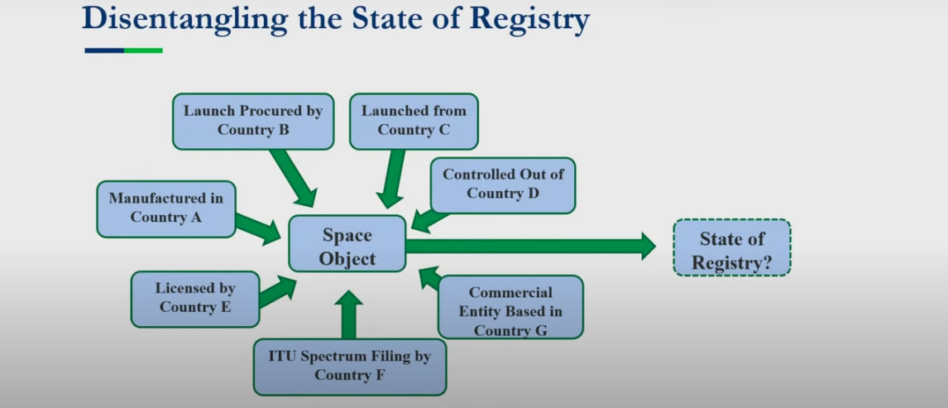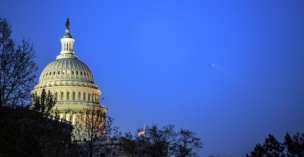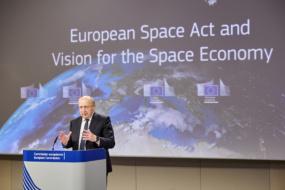The US needs to communicate better with both the private sector and international partners about objects in orbit as space becomes more global, a State Department official said Thursday.
Ryan Guglietta, the lead foreign affairs officer at the State Department’s Office of Space Affairs, raised questions about registering objects in space when multiple nations are touching different parts of the mission, from building the spacecraft to building the rocket to the launch site.
“You may have 10 multinational touches on this,” he said at an event hosted by the FCC. “But to get that full picture then requires a lot of coordination with both the operator of that object as well as the other country.”
State of registry: The United Nations launched its Register of Objects Launched into Outer Space in 1962. Four years later, the UN approved a convention requiring that all nations who sign on have to maintain a national registry of items in orbit based on their own registration procedures, plus share their domestic lists with the UN secretary general.
Who has ownership of a particular object in space can have important implications for who is responsible—and liable—in case of an accident.
Open questions: The system has been widely adopted—the UN noted that 88% of objects in space from satellites to landers to space stations have been registered—but advances in space tech and new missions raise some interesting questions.
One example from Guglietta: If an object in orbit registered to Country A is attached to a spacecraft registered to Country B through a rendezvous and proximity operation, which country now bears responsibility for the merged spacecraft?
Open door: The event on Thursday was part of the FCC’s “transparency initiative” designed to make the multi-agency licensing process easier for industry to navigate.
“We’re trying to move at the speed of industry. Things are getting more complex. We’re trying to work through them with government to make sure we’re able to keep pushing the space economy and getting you where you need to be,” said FCC Space Bureau chief Julie Kearney.




